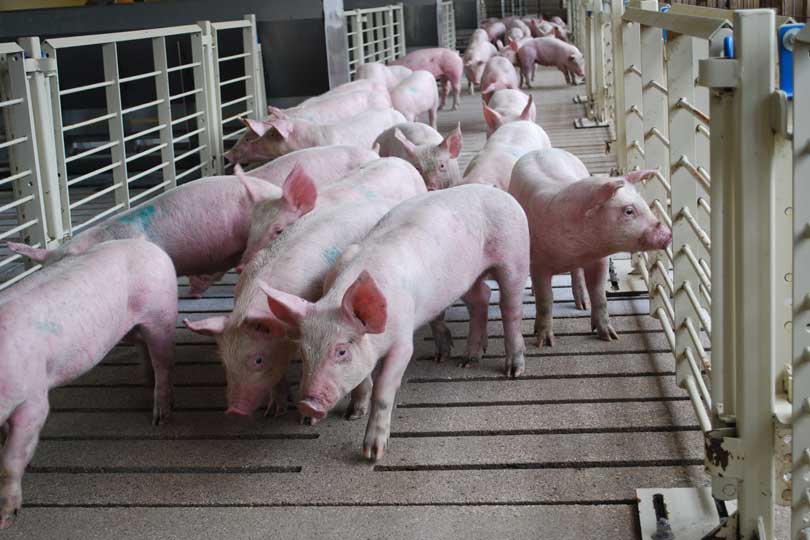By Justin Walker
Communications Specialist
Advancements in genetic technology could help improve animal health and welfare, as well as food safety.
The use of gene editing technology in animals has shown increased immunity to diseases, Dr. Bob Judd, host of Texas Vet News on the Texas Farm Bureau Radio Network, said.
Many think of gene editing as genetically modified organisms (GMOs), but the two are completely different technologies, Judd said.
“While genetic engineering typically uses genetic material from other species to change the traits of an organism, gene editing works with the organism’s existing natural genome,” he said. “It simply turns off or turns on specific genes for a specific trait and is similar to achieving the same goals as selective breeding but with faster results.”
Gene editing allows for breed improvements to be completed in a single generation, Judd said.
Scientists from across the country have made substantial advancements in gene editing research, including building resistance against fatal viruses.
“While research is in its early stages, scientists have announced significant breakthroughs as researchers at Missouri and Kansas State announced they used gene editing to produce a litter of pigs with genetic resistance to TGE virus,” Judd said.
TGE, or transmissible gastro enteritis, is a highly-infectious disease in swine. The virus typically infects the intestines of young pigs, leading to a nearly 100 percent death rate.
Researchers have also identified a protein with a major role in triggering porcine reproductive and respiratory syndrome virus in pigs, Judd said. The virus has left a significant impact on swine operations in America, costing farmers $660 million annually, with no vaccine to help prevent the spread.
“The researchers were able to edit the gene that regulates production of the protein and produce a litter of pigs resistant to the deadly virus,” Judd said.
Advancements continue in gene editing research, but it’s important the public not get wrapped up in misinformation surrounding the technology, Judd said.
“When you hear about gene editing, realize it is not the same as GMO technology and has the potential for saving animal’s lives and aiding America’s farmers to continue feeding an ever-growing world,” he said.

